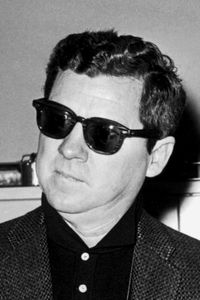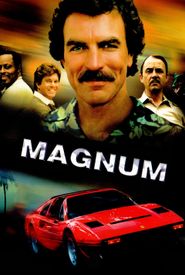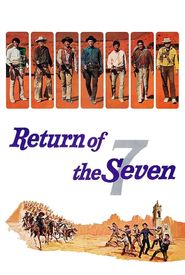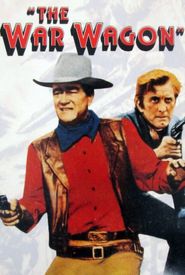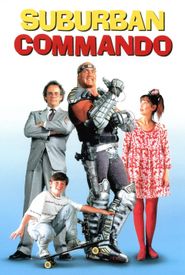Burt Kennedy, a renowned American screenwriter and director, particularly distinguished for his work in the western genre, was born into a family of performers. From infancy, he was an integral part of their act, "The Dancing Kennedys." Kennedy's early life was marked by a stint in World War II, where he served as a cavalry officer and earned numerous decorations for his bravery.
Following the war, Kennedy joined the Pasadena Community Playhouse, but his tenure was short-lived, as he was ousted from the acting company after missing a rehearsal. Undeterred, he turned to writing radio programs, including "HashKnife Hartley" and "The Used Story Lot," which showcased his talent for storytelling.
Kennedy's unique blend of skills, including his army fencing training, enabled him to secure work as a stunt fencer in films. This experience ultimately led to his employment as a writer for Batjac, a production company founded by John Wayne. Kennedy was tasked with writing 13 scripts for a proposed television program, "Juan and Diablo," starring Pedro Gonzalez Gonzalez, a contract player for Batjac.
Although the show was never produced, Kennedy's association with Batjac continued, and he went on to write numerous films for the company, including the critically acclaimed western, "7 Men from Now" (1956). This film marked the beginning of a long-standing collaboration between Kennedy and director Budd Boetticher, as well as a notable partnership with star Randolph Scott.
Over the next several years, Kennedy wrote and directed a number of films, including "The Canadians" (1961),which, although a critical failure, demonstrated his ability to adapt to different genres. He also made a successful transition to television, writing and directing episodes of popular series such as "Lawman," "The Virginian," and "Combat!" (1962).
In 1965, Kennedy returned to films with the successful "The Rounders" (1965),which he also produced and directed. This marked the beginning of a prolific period for Kennedy, during which he wrote and directed a number of popular westerns, both for the big and small screens. His output has consistently featured his signature blend of humor and stylish dialogue, solidifying his reputation as a master of the western genre.
